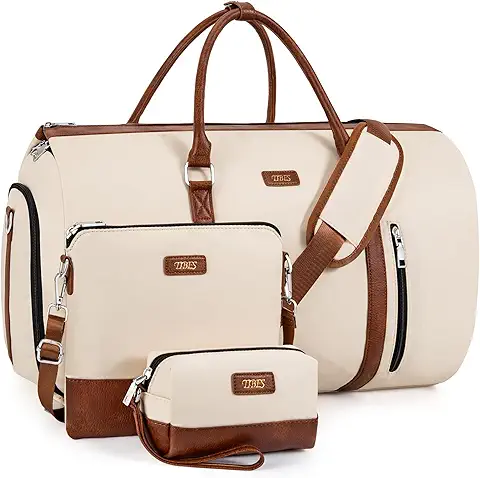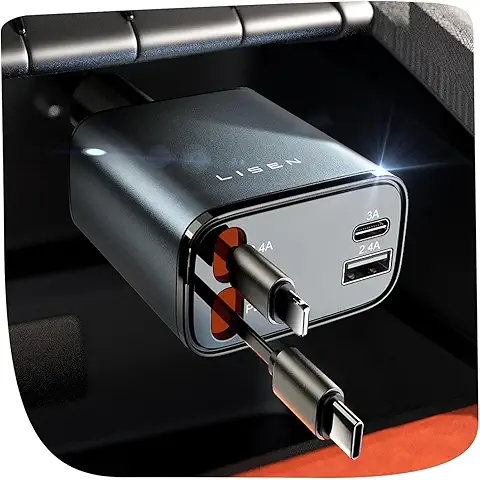How to Manage Weight on Your Backpacking Trip: Packing Smart for Comfort


One of the most satisfying ways to see the great outdoors is backpacking, which lets you relax from the daily grind, appreciate your surroundings, and physically push yourself. But if you mismanage the weight of your pack, the excitement of hiking can rapidly become discomfort or even pain. Having too much weight might cause tiredness, soreness, and decreased enjoyment of your trip. Maintaining comfort, energy, and balance on your vacation depends on clever packing light-wise.
The following article will walk over techniques and advice for controlling weight on your hiking trip. From gear selection to pack organization, these useful tips will help you keep your load under control so you may concentrate on enjoying your wilderness excursion.
1. Understand Your Pack’s Weight Limit
Finding the weight limit of your backpack is crucial even before you start packing. Most backcountry specialists advise that your pack should carry no more than twenty to 25 percent of your body weight. For instance, your totally loaded backpack should weigh between 32 and 40 pounds if you weigh 160 pounds. Beyond this weight, especially on lengthy treks, your comfort and endurance will be much changed.
You have to be careful about every thing you add if you want a reasonable pack weight. When you spend hours, perhaps days, on the trail, every ounce counts.
2. Choose Lightweight Gear
Backpacking mostly depends on your gear to determine the weight of your bag. Selecting lightweight equipment means looking for substitutes that offer the same advantages while lowering weight, and not compromising quality or utility. Here are some pointers for selecting tools devoid of weight:
- Backpack: Choose a backpack made of lightweight materials and suitably sized for your vacation. Search for choices based on robust, lightweight materials like ripstop nylon, and make sure the pack comfortably supports your body type.
- Sleeping Bag: Though it's one of the heaviest things in your pack, your sleeping bag is absolutely indispensable. Think about down sleeping bags, which have an outstanding warmth-to-weight ratio and are smaller than synthetic ones. Select the appropriate temperature rating for your trip to help you to prevent needless carrying of unnecessary weight.
- Tent: Reduction of load weight depends on a lightweight tent. Search for lightweight tents that provide element protection yet weigh less than more conventional models. If you are traveling alone and want to lighten your gear, single tents or bivy bags can also be a wise option.
- Stove and Cookware: Cooking on the road depends on a small, portable stove, which is not heavy but rather vital. Rather than heavy, multi-burner choices, think about employing a compact canister stove or a lightweight alcohol stove. Choose also light-weight titanium or aluminum pots and pans.
3. Minimize Clothing

Comfort depends on selecting the correct clothes, yet overpacking your wardrobe can add unwarranted weight. Layering is the secret to packing for a backpacking trip. This allows you to change your clothes depending on the temperature and degree of exercise without having to lug about too many heavy objects.
- Base Layers: Choose multiple-times wearable moisture-wicking base layers that won't irritate you. Steer clear of cotton since it absorbs moisture and could make you feel frigid and weighed down.
- Insulating Layer: Warmth is best served by a lightweight fleece or down jacket, which also minimizes weight and bulk.
- Outer Layer: Protection against the weather calls for a lightweight, breathable rain jacket or windbreaker. Search for compact and packable choices.
- Footwear: Select lightweight yet supportive hiking boots or sneakers. Every route calls for different kinds of boots; for less difficult terrain, think about trail runners.
Staying comfortable without filling your luggage depends on packing flexible, fast-drying clothes.
4. Plan for Food and Water

Try to pack lightweight, calorie-dense, food for your trip. Backpacking meals should be small, nonperishable, and simple to make. A fantastic option is freeze-dried meals since they are light and simple to make with simply boiling water. Excellent snacks that supply the required energy without adding too much weight or space consumption are energy bars, trail mix, almonds, and dried fruit.
Another basic necessity that rapidly adds to your pack weight is water. Plan to refuel at water stations along the trail rather than lugging about big volumes of water. Great ways to guarantee clean drinking water from rivers, lakes, and streams include water filters or purification tablets. A lightweight water reservoir or foldable water bottles will provide you control of your water use without adding needless weight.
5. Organize and Pack Efficiently
The comfort of your backpack will depend much on how you arrange it on your back. Effective packing lets you access your tools fast when needed in addition to letting you distribute weight appropriately. Here are some ideas for pack organization:
- Heavy Items Near the Center: Arrange heavier objects—such as food, drink, and your sleeping bag—close to your back and around the middle of your pack. This facilitates the balancing of your load by helping to preserve a constant center of gravity.
- Light Items on Top: At the top of the pack should be lighter goods including a first aid kit and clothes. This allows you to quickly reach them should you have to make changes during the day.
- Use Compression Sacks: Great for saving space and lightening the weight of your sleeping bag, tent, or clothes are compression bags. They enable you to pack more effectively, freeing more space for other absolutely necessary supplies.
- Side Pockets for Quick Access: Use the side pockets of your pack for quick access to little goods like snacks, sunscreen, or your map—that which you need right away. This lets you avoid having to search your whole pack for something desperately needed.
6. Leave Non-Essentials Behind
Especially if you are preparing for a lengthy camping trip, it is tempting to pack extra things. Still, carrying extra equipment can weigh you down and lessen your comfort. Spend some time assessing everything and consider whether it really is essential for your trip. Often left behind are several non-essential items including:
- Extra footwear: Usually, one pair of boots or shoes will last most backpacking journeys.
- Excessive toiletries: By packing travel-sized versions or simply the basics—such as toothpaste, soap, and a tiny towel—you may cut back on toiletries.
- Extra gadgets: Unless you specifically need something like extra cameras, tablets, or books, avoid packing things like these. For preserving memories, a lightweight camera or smartphone might do.
Eliminating unnecessary items will help you lighten your bag and boost trail comfort.
7. Train Your Body for the Load
Carrying a large load can strain your body regardless of how cleverly packed. Training your body before your journey helps you to make sure you can easily manage the weight. Start by acclimatizing to the weight by going on shorter walks carrying a heavy pack. As your body adjusts, progressively lengthen the distance and load.
By strengthening your back muscles, legs, and core, you will be able to more comfortably bear weight and enhance your whole hiking performance. Exercises that stress your endurance, balance, and posture—such as squats, lunges, planks, and step-ups—should take the front stage. Regular practice will help you carry your pack more quickly and lower your injury risk.
8. Know When to Adjust Your Pack
Making occasional changes to your pack can help to guarantee maximum comfort during your hiking journey. Spend time stopping and adjusting straps as needed; the longer you trek, the more your body may vary in response to the weight. Examine your shoulder straps and hip belt to be sure the weight is evenly distributed and they are positioned correctly.
Paying close attention to these changes can help you to keep comfort and lower your chances of acquiring muscle tension or soreness.
Conclusion
Although backpacking may be a fulfilling experience, controlling the weight of your pack is essential to guarantee a comfortable and fun travel. Your backpacking trip will be more fun and less physically demanding if you choose lightweight gear, cut non-essentials, pack wisely, and train your body to manage the weight. Remember, when it comes to packing intelligently, less is more; so, concentrate on what you truly need and discard the rest. The appropriate attitude and preparation will help you to enjoy the wonders of nature free from the weight of a too-heavy pack.
FAQ
What is the ideal pack weight for backpacking?
The ideal pack weight is generally 20-25% of your body weight. For a 160 lb person, that’s 32-40 lbs.
How can I choose the right backpack for my trip?
Choose a backpack that fits your torso length and has a capacity suitable for your trip duration (40-50 liters for short trips, 60-70 liters for longer ones).
What are some essential lightweight gear items?
Lightweight tent, sleeping bag with appropriate temperature rating, compact stove, and lightweight cooking utensils.
How should I manage water weight on the trail?
Plan water sources and use a lightweight water filter or purification tablets to refill, avoiding carrying large amounts of water.








